Big Data – is it still relevant?
Big data, is it still relevant? Back in 2015, Gartner coined the term Big Data, a term for data sets so large, disparate or complex that traditional data processing approaches were not adequate. This applied across many areas of data processing including capture, storage, maintenance, access, reporting & compliance.
Here we are in 2019 and we thought it was worth a recap on where we’ve come from, where we’re going how Big Data applies to IBM’s Watson Marketing customers.
Big Data is still a hugely relevant topic for modern marketing, though the term has become a little distorted to mean many things to marketers trying to stay ahead of the curve, in much the same way as ‘real-time’ has.
The last 4 years have seen a continued proliferation of channels where our customers can interact with brands, with a corollary of reducing reliance on brands interacting with customers (in the traditional outbound sense). The phrase ‘too much information’ (TMI) has never been more relevant and the need to manage high-volume, high-velocity informational assets and incorporate them into your decision making, ever more important.
Analytics powerhouses such as Gartner and Nielsen have also documented a shift from investment in technology to investment in solving specific problems, which indicates a period of consolidation may be upon us. Other strong growth areas of Big Data involve the capture, contextual interpretation and analysis of visual data such as images, animated gifs and even videos. While this is in its infancy, it’s clearly a fascinating time to be a marketer – or a social technologist.
In terms of how Big Data currently integrates or influences the Watson Marketing portfolio, it can take a number of forms;
IBM Campaign
At the time of writing, the latest version of IBM Campaign is version 11, however there will be new releases during 2019. Alongside the traditionally supported heavy hitters of large-scale transactional databases Teradata and IBM Netezza, several ‘big data’-bases are now supported, with more on the way:
- Amazon Redshift
- IBM dashDB
- Apache Hhive (based on Hadoop Big Data)
- HP Vertica (based on Postgres)
These can all be added as base/dimension/general datasources in IBM Campaign and used to complement outbound decisioning. The data contained in these can also be fed through to an IBM Interact supported database (Oracle/SQL Server/DB2) for inclusion in real-time inbound decisioning.
Watson Campaign Automation (formerly IBM Marketing Cloud)
Although not a database in its own right, the ability to add web tagging throughout your brand real estate to capture data into WCA’s universal behaviours datastore allows extensive online interactions to play their part in CRM decisioning.
This facilitates a long-awaited move away from batch communications to triggered programmatic messaging, interacting with customers when they want to be interacted with, rather than the other way around.
IBM Universal Behavior Exchange
A relative newcomer to the Watson Marketing portfolio, Universal Behavior Exchange (UBX) has already made huge inroads into the core platform of many blue chip and enterprise level organisations.
UBX allows disparate (and distant) endpoints to be connected up, in order to ensure that data (no matter it’s origin) is where it needs to be to facilitate your business requirements, whether for marketing or analytics purposes.
With more endpoints being added all the time, UBX allows marketers working with IBM technologies (Campaign or WCA) to bring together and leverage data from ever further flung areas such as social, online advertising and even emoji analytics!
What’s next?
In 2019 we are seeing the rise of Cognitive Computing as a crucial next phase of evolution in data driven marketing. With the continued explosion of data sets available (or that should be available) to the modern marketer attempting to promote brands, products and services, cognitive computing is one mechanism that has the potential for making sense of the madness.
At the core of IBMs Cognitive Computing offering is Watson, its natural language, machine learning artificial intelligence capability. We’ve all heard the stories of how Watson has beaten chess grandmasters, won on Jeopardy and even played its part in cancer treatments in a truly astonishing project – Watson has now found its home in the Cognitive Computing arena.
IBM Watson brings to the marketer the capability to consume and make sense of the terabytes of data being generated (including unstructured text, images, audio and video), to provide personalised recommendations on next-best-action across inbound, outbound, social, live-chat and much, much more. The marketer stays in charge, but they are assisted with analysis, guidance and recommendations (including the reasoning behind them) rather than a googolplex of data and a headache…
In conclusion, Big Data is here to stay and, on the horizon, are more and more innovative ways to make sense of it, to bring order from chaos. If you need help to cut through the noise, get in touch!
Like what you see?
Subscribe to our newsletter for customer experience thought leadership and marketing tips and tricks.




